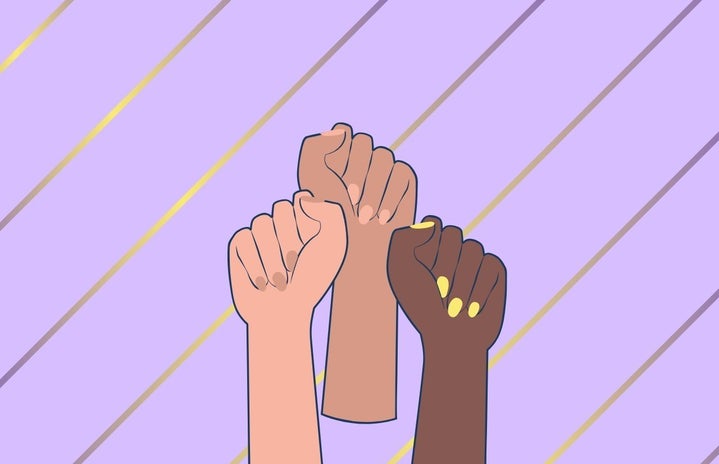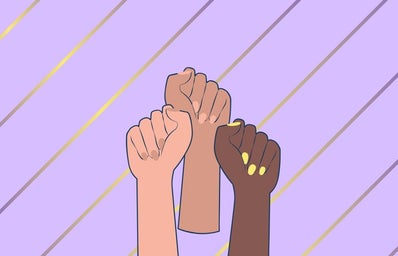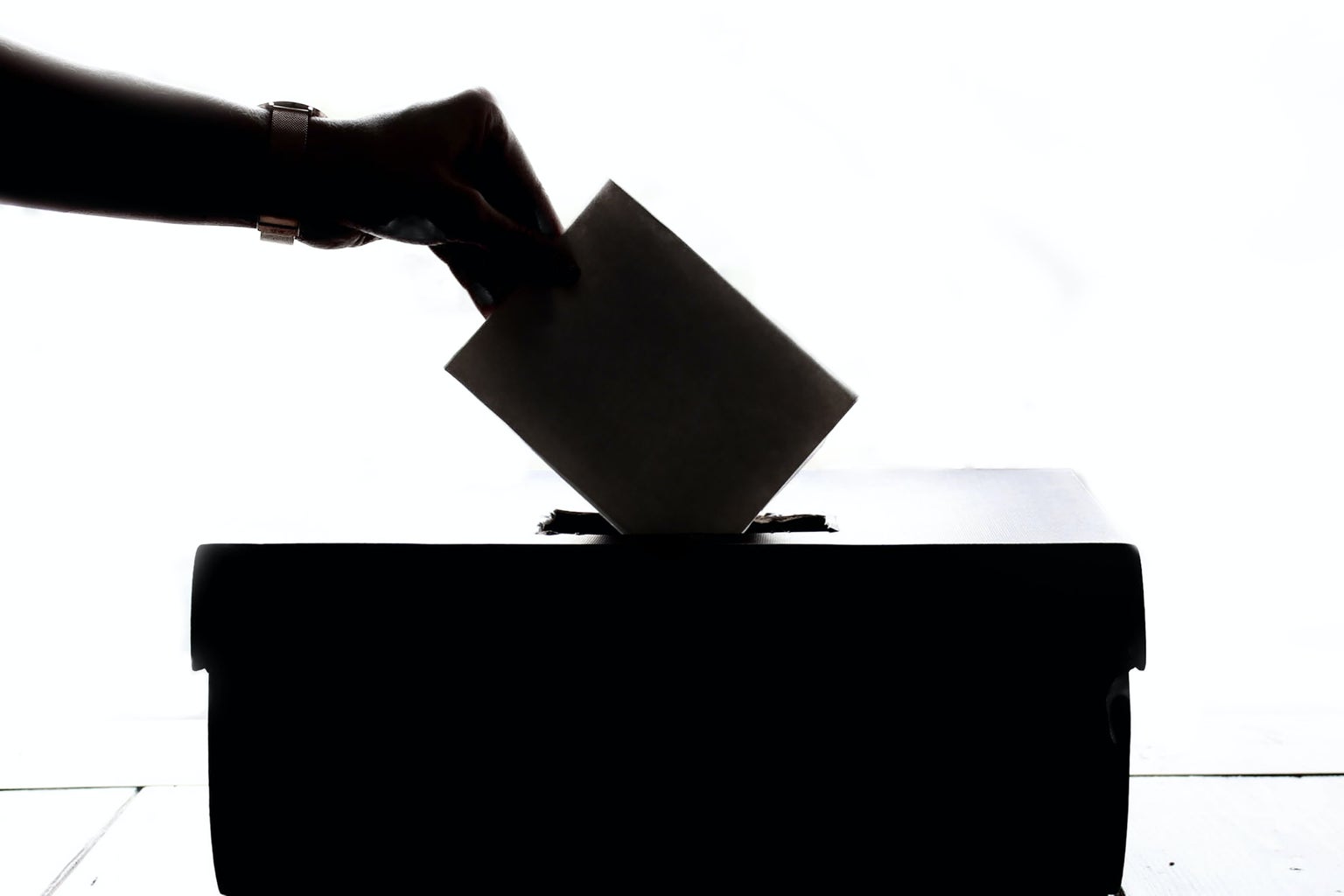The Internet and social media have changed the way we communicate about politics. From the new ways of producing content, digital influencers have become the new flows of actors to actively participate in these communication flows and, increasingly, have become relevant audiences for the construction of the debate in Brazil.
In electoral periods, such as in the year 2022, their participation gains special relevance, considering that it is possible to influence, even, the decisions about votes. If an influencer shows support or criticism of candidates, parties, or political projects, the way the people who accompany him or her position themselves on these issues can be affected. For this reason, being aware of your role in other people’s lives and responsibility when positioning yourself is extremely important. Considering that they are carriers of great reach, their voices acquire a significant impact on the lives of those who follow them, consequently increasing this responsibility, especially for the development of democratic dialogue. Digital influencer and former participant of Big Brother Brazil, Juliette Freire, talked about the theme in the TV show “Altas Horas”, of Globo. When asked if she was afraid to comment on political issues, the BBB 21 champion responded: “As an artist, I think it’s a must. We are in a prominent place, our career is not just for us, we have a social role, so I think that everything that affects society concerns us. I, as an artist today, who I’m becoming, I think it’s an obligation”.
Exhibited in the Folha de S. Paulo newspaper, the survey “Youth and Democracy in Latin America” indicate that young people aged 16 to 24 get information about politics through supposedly non-politicized channels while rejecting traditional politics and openly partisan media, a great example being the participation of former president Lula in PodPah, a podcast broadcast on Youtube and Spotify. According to the study carried out in different countries – Brazil, Argentina, Colombia, and Mexico – the new generation explores alternative means of networks, such as makeup and lifestyle influencers, to mirror their actions. It happens the same way with online games, entrepreneurship channels, tiktokers, and rappers, for example, when they identify with worldviews and it helps them to shape their political positions. In March 2020, singer and entrepreneur Anitta also commented on her role as a public figure in the political field. She, accompanied by the lawyer and teacher Gabriela Prioli, promoted lives to clarify doubts about Brazilian politics. Entitled “beabá da política”, the videos were directed at those who don’t understand about politics, with a plain language and accessible to the public.
The voice of digital influencers, especially during an election campaign, can be beneficial to address important issues for an audience that seeks to consume content quickly, accessible, and transparently, since the recurrence of the new generation in seeking this type of content on social networks is increasing.
———————————-
The article above was edited by Lívia Carvalho.
Liked this type of content? Check Her Campus Casper Libero’s home page for more!



